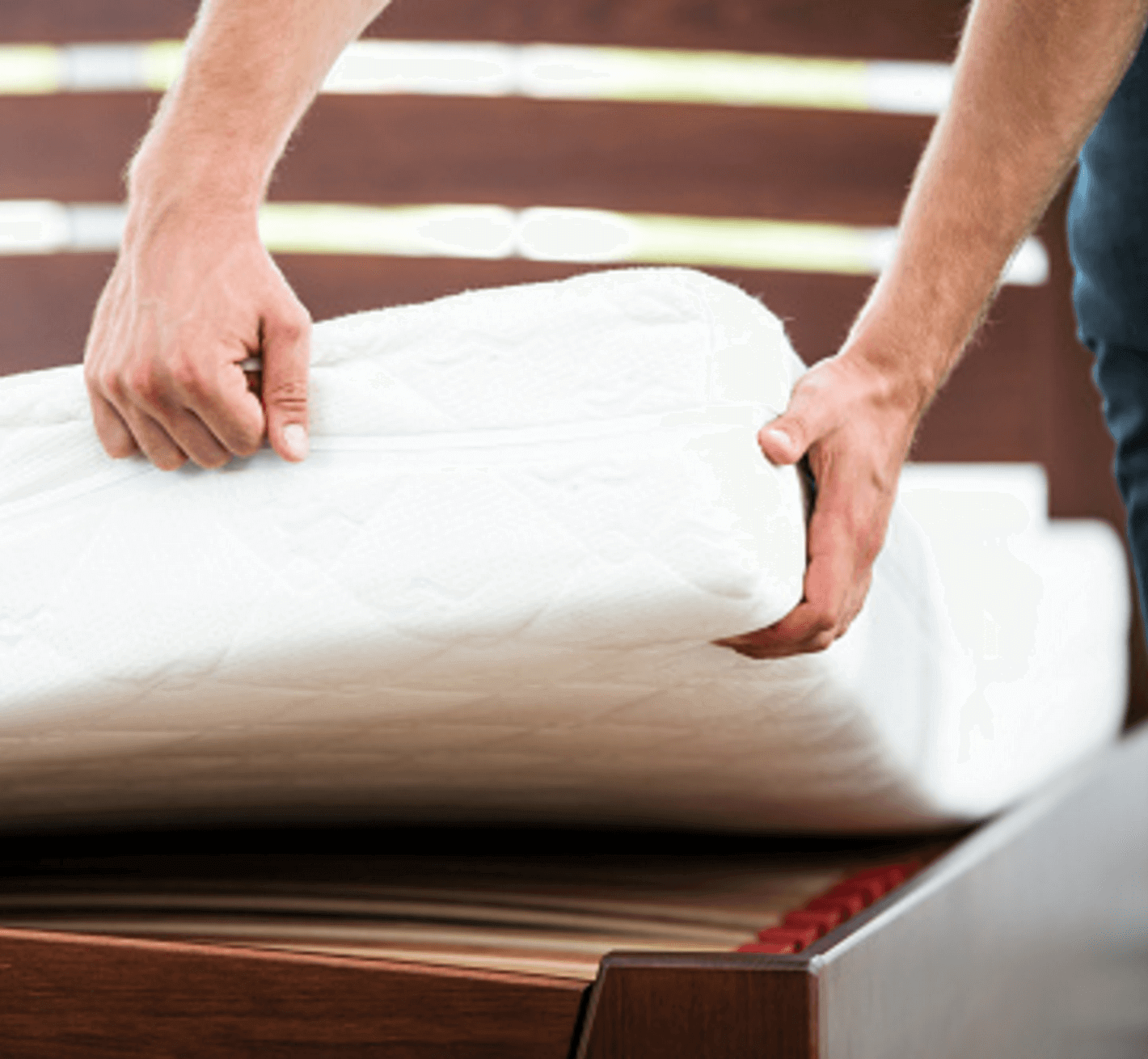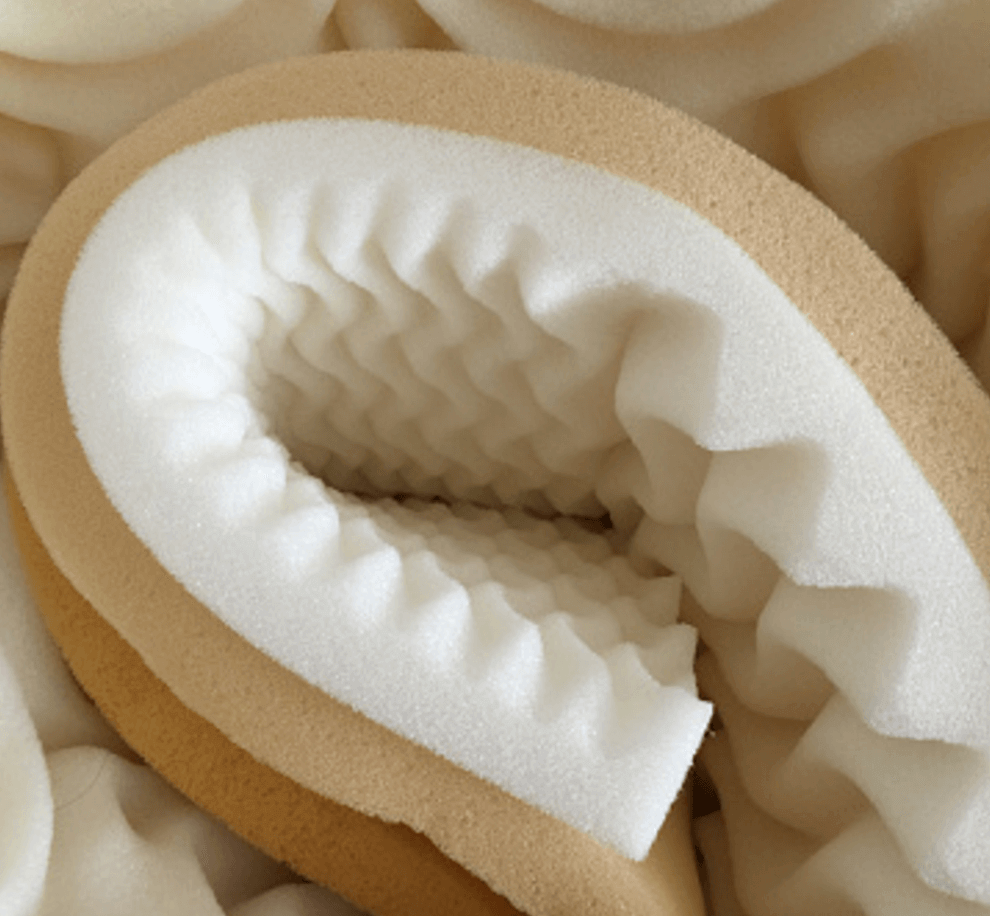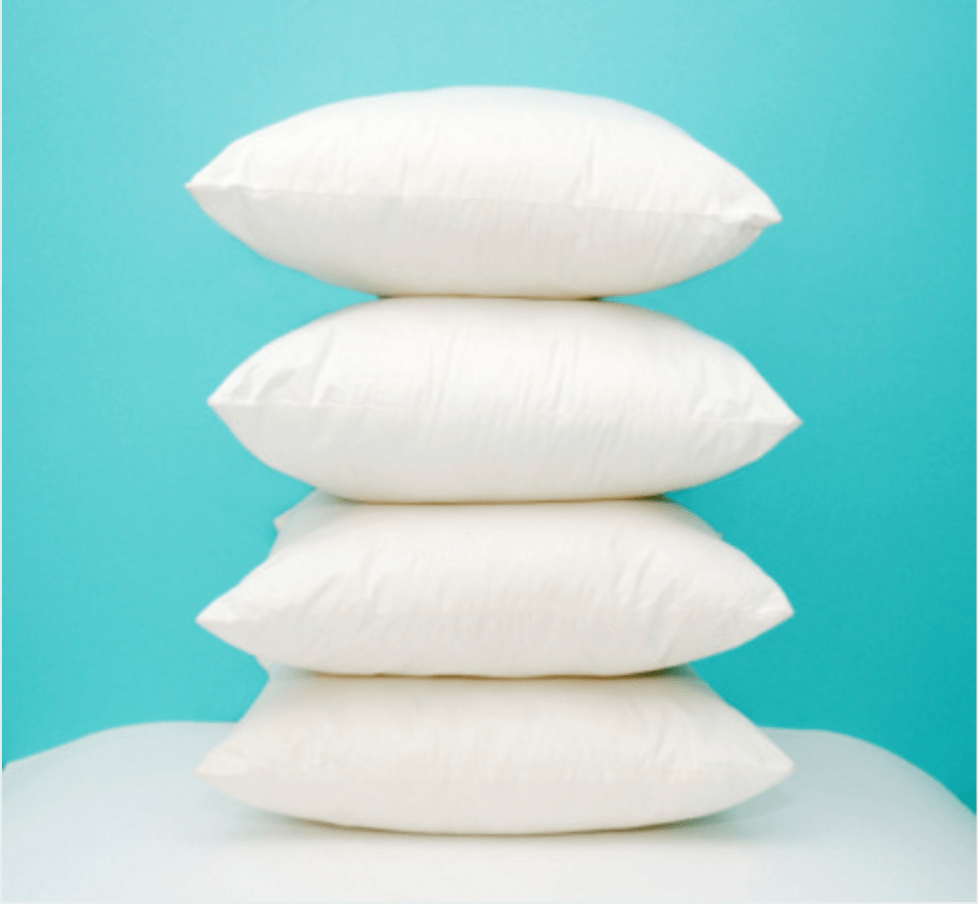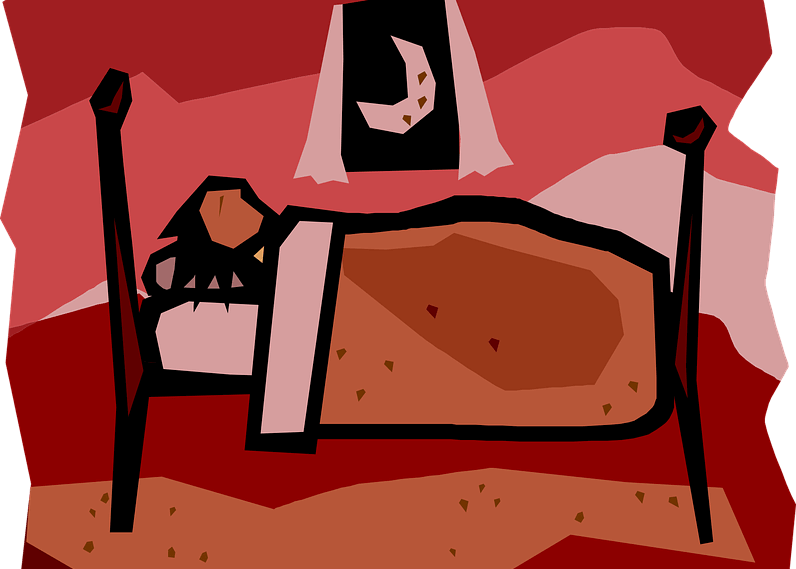
Waking up at a set time is hard for many people; we live in fast times, and commuting to school and work can be stressful. But even if you’re not a morning person, there are steps you can take to wake up feeling alert and strong in your body, instead of sluggish and grumpy.
Know your Sleep Schedule
First and possibly most importantly, get acquainted with your own sleep schedule, and your body’s needs. Eight hours is often cited as the proper amount for adults, but some people need ten, and there’s nothing wrong with that. Every night, humans roll through four to six sleep cycles of five stages each. Twilight sleep, the first stage, is light; stages two through four are a very deep sleep; five is where rapid eye movement and dreams happen. Each sleep cycle is roughly ninety minutes long, but can run as long as two hours.
Being awakened out of deep stage 3 or at any time during 4 is disorienting; it’s hard to stay awake after that, the brain has been badly jolted. This is why it’s rough to be woken up from a heavy nap, and also why being woken up too early in the morning (in other words, at the wrong time during your sleep cycle) results in a bad morning. If you fall asleep around eleven pm, you’ll be in your deepest sleep between four and six in the morning—if you can sleep all the way through this period, you’ll wake more rested and alert. Dragging yourself out of bed to the alarm, without finishing the cycle, sets up a day of exhaustion. Listen to your body’s circadian rhythms; if it wants to go to bed a little earlier to make through the last sleep cycle, go to bed earlier. There’s nothing on TV that’s worth feeling lousy all of the next day for.
Turn off your Screen at Night
On a related note, don’t watch TV in bed if you want to fall asleep easily. Although the habitual pattern of television can seem comforting, it’s actually a major distraction on the subconscious level. Not only does the glaring light and noise of TV (or computer screens) keep the mind alert, doing anything besides sleeping or having sex in bed tells your mind and body that the bed is not actually for sleeping. The screen mimics daylight, which keeps the body from releasing melatonin, the hormone which helps signals it’s time to sleep. If you keep your bedroom free of unnecessary clutter and make it a place just for winding down and resting, it gets easier to fall asleep and sleep soundly—you train your body to do just one activity in bed. Reading from a backlit screen in a dark room, like a tablet or smartphone, is also counterproductive to falling asleep (and it causes eyestrain), for the same reason TVs and computer screens are out; they mess with your circadian rhythms. Try to turn off all screens at least an hour before you intend to go to sleep. It’s sometimes hard to connect activities at bedtime with how you feel in the morning—they seem so far apart—but they are deeply related.
Try not to Eat Before Bed
It’s wise to abstain from food or drink for an hour before you go to bed; otherwise the body will stay awake processing these, releasing energy that may keep you up. If you want to sleep soundly and wake refreshed, limit your alcohol intake to a glass of wine a night. After the liver and kidneys metabolize larger quantities of alcohol, all the sugar in the alcohol is released, interrupting sleep cycles. Exercising in the two hours before you intend to fall asleep is also not recommended, as it releases adrenalin. The ideal temperature for falling asleep and sleeping well is between 68 and 72 degrees Farenheit. If you can circulate some air, with a fan, open window, or air purifier, you may also breathe more easily and sleep more soundly.
Wake to Natural Light
Allowing natural light into the bedroom helps the body wake naturally. It’s how humans slept and woke for most of our time on earth, before electricity. Sleeping and waking on earth time gives more energy than staying up late and sleeping in, but if you can’t do that, at least adjust the blinds so natural light can enter in the morning, and gently wake you up. Sunlight tells the brain to stop releasing melatonin, the hormone that regulates sleep. If you can’t rely on sunlight to wake you (winter in northern climates is particularly challenging), try a natural light alarm clock. These novel inventions mimic daylight, gradually increasing in brightness over a set length of time. They make a fake sun rise inside your room. And if you want to get on earth time, going to sleep shortly after sunset and rising at dawn, spend a week camping; research has found humans can reset their internal clocks with a week without artificial light.
Put some Distance between you and your Alarm
If you wake to a standard alarm, leave the device on the other side of your bedroom. Many people use the alarms on their phones; cell phones have an electromagnetic field around them, releasing radiation—not wise to sleep inside it. Also, having to get up to turn off the alarm makes it more likely you’ll stay awake, whether you use a phone tone or an “old school” alarm clock. As soon as you sit up in bed, even before you turn off the alarm, drink a small glass of water; this is a trick to engage the digestive system, encouraging the need to urinate (and stay awake).
Get Some Immediate Motion Going
Getting up and moving immediately stimulates the body and brain, telling them to let go of the night’s sleep. An early run, yoga series, or twenty-minute stretch of simple exercises (sit-ups, push ups, stretches) will give you much more energy in the morning, and throughout the day. Jumping in place for two minutes, while keeping your body loose, will actually jump start a tired body—it recirculates stuck chi. Don’t think too much before you start a morning exercise routine, just put on your sneakers and head out the door. Breathing outdoor air also wakes up the mind and body; if you can’t handle a morning run, at least drink your coffee outside, inhaling and exhaling deeply. Deep, abdominal breathing brings more oxygen into the body, which encourages wakefulness. Stretching and moving in the morning is also an excellent way to work out any cramps that developed during the night, from sleeping at an odd angle, or scrunched in a ball. It’s better for your body and mind to stretch out cramped muscles before rushing into a car to drive to work.
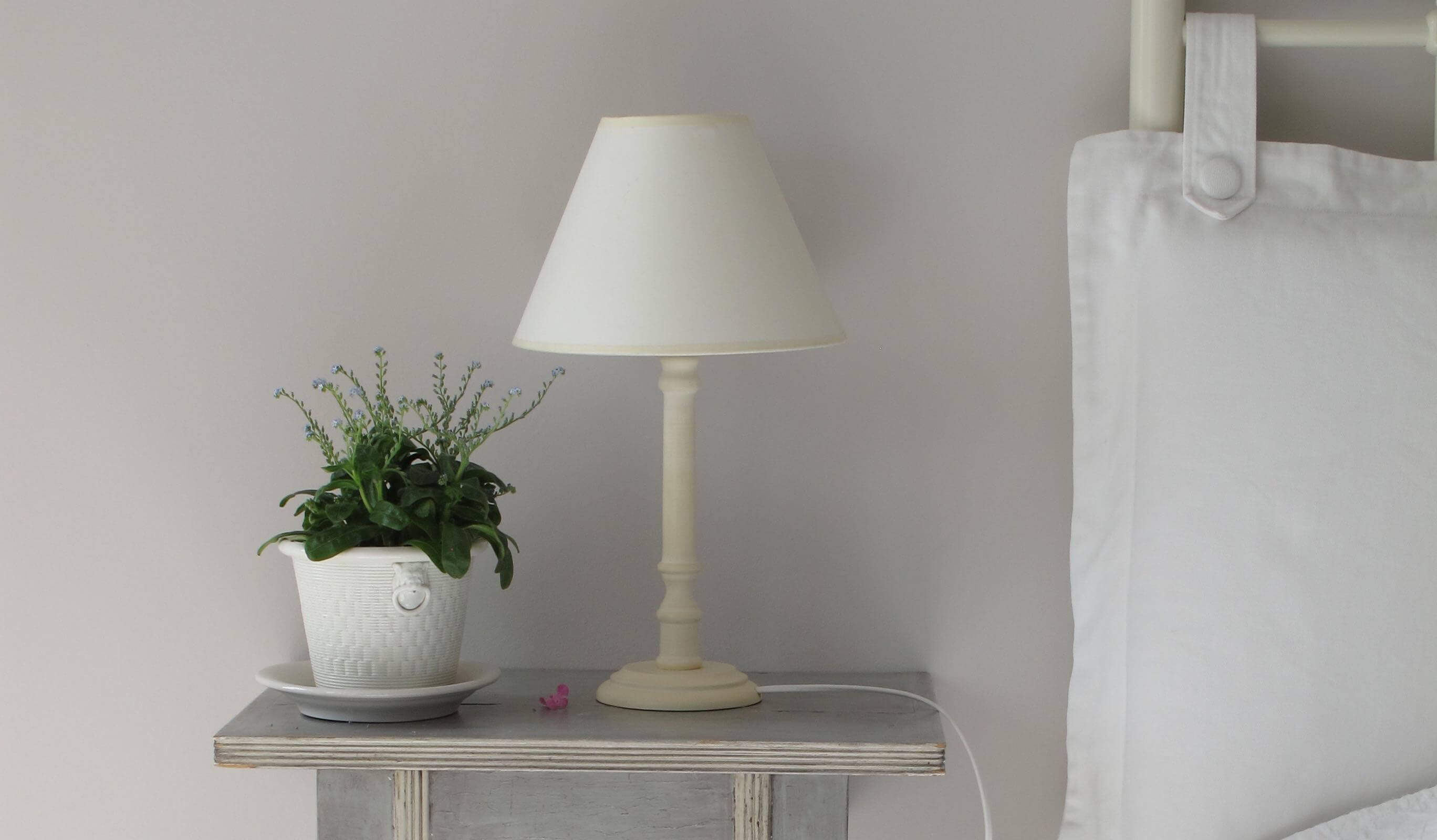
Jump in the Shower
Another way to shake off a sleepy head is by taking a quick shower. If you change the temperature a few times, from hot to cold and back, you’ll stimulate the lymphatic system, which controls hormones (and these have a big role in energy levels). Mint, citrus, or coffee scented soaps also revitalize a heavy head. To make an energizing peppermint spray, which you can spritz on yourself or around the kitchen, add 15 drops of peppermint essential oil into a pint of distilled water, in a clean spray bottle. Shake the bottle and spray for a clear mind. You can also carry a vial of peppermint essential oil in your car, to sniff if you’re feeling groggy at the wheel (chewing a mint has a similar, though subdued, effect).
Set your Day up Right
The time between waking in the morning and walking out the door is crucial; it sets the tone for the day. Make this time less stressful by preparing for it the night before. Make your lunch for the next day after you make dinner (or prepare enough lunches over the weekend for the coming week, many dishes will keep just fine), lay out your clothes for the next day, and keep an orderly house; it’s hard to have a calm departure if you can’t find a matching pair of shoes. And, if you have trouble falling asleep, doing these little things before bed creates a calming routine, almost a ritual. Having everything ready the night before will give you time in the morning to enjoy your first cup of coffee, or make a better breakfast. Choose proteins over carbohydrates at breakfast (together they’re a good pair), as proteins offer more quick energy. Carbohydrates take much longer to break down, giving up their energy later on in the day.
Caffeine is fine, in moderation. Where it helps in the morning, caffeine can harm sleep/wake cycles later in the day. The current wisdom says to cut out caffeinated beverages after about two in the afternoon, if you want to fall asleep easily at ten. Coffee, tea, energy drinks, soda, even chocolate: refrain from these in the afternoon for better sleep, better mornings. If you rely on a cup of coffee at four in the afternoon to make it through, try substituting a tall glass of water with lemon juice; the vitamin C in the lemon juice gives a slight energy boost, and lifts saggy skin under the eyes too.
